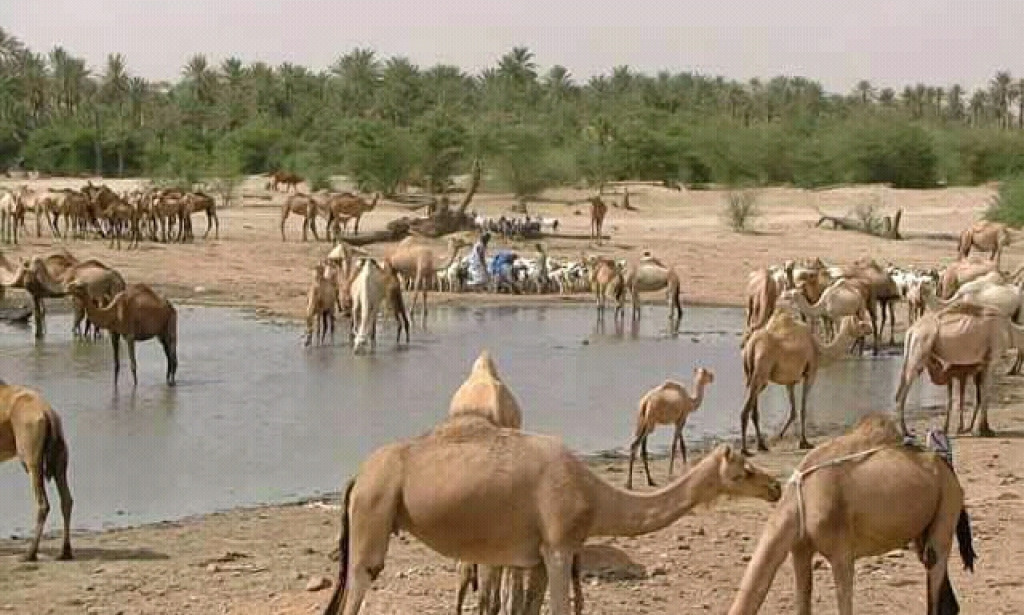Portable water shortage is equivocally determinant of the spread and escalation of diseases in low and middle income countries across the globe.
The International Lending Institutions penetrated with their mean and ante-humanistic philosophy of privatisation and deregulation.
However, even with the fact that some scholars are with the notion that water is natural right to humanity these global financial institutions thought otherwise.
Therefore, they are suggesting privatisation or commercialisation of the sector at least to cover the production cost of the water.
Some researchers posited that water is fundamental to human life as the air we breathe. Despite the fact that access to water is indisputably the right of every citizen, the situation in recent times begs for serious intervention from both individual and corporate organization, government and non-governmental organizations.
Amongst the reports of the UNICEF specifically one documented in 2006 it clearly stated that spread of diseases such as diarrhea, pneumonia neonatal disorder, etc have been found to have strong relationship with unsafe and insufficient quantity of water, especially in developing countries.
The IMF and the World Bank argue that many developing country governments are too poor to provide subsidies for water and sanitation services. Hence, full cost recovery from water consumers is necessary. While the masses inhabitants of these countries in question found themselves in dangerous game of drinking unsafe water or going about with no water at all.
The institutions also argue that privatisation and cost recovery will provide the resources necessary to extend the coverage of water and sanitation services to those outside the system. However, there is little empirical evidence that this has happened. Instead the supply of pipe borne water reported to be shrinking on a daily basis.
The IMF and WB drive to privatise and extract full cost recovery from water is generating concerns worldwide about potential for such policies to compromise public health.
The policy will cause more harm than good and it will rob low-income communities which make up the majority of developing country populations of access to affordable water.
The most immediate impact of reducing the access to safe and affordable water will fall on women and children.
More than five million people, most of them children, die every year from illnesses caused from drinking unsafe water and other causal agents.
As water becomes more costly and less accessible, women and children who bear most of the burden of daily household chores must travel far and work harder to collect water often resorting to fetching water from polluted streams and rivers.
Families are forced to make trade-offs between water, food, schooling and health care in some critical times.

You must be logged in to post a comment.